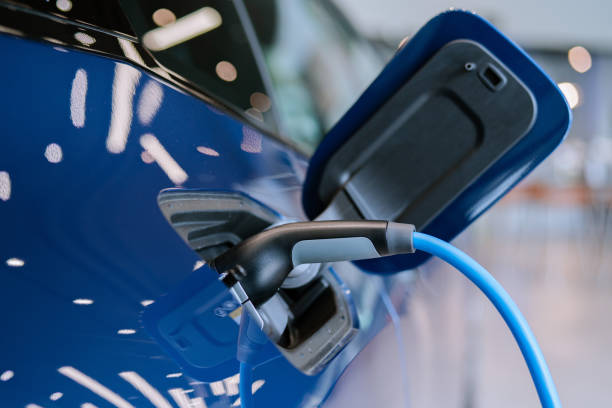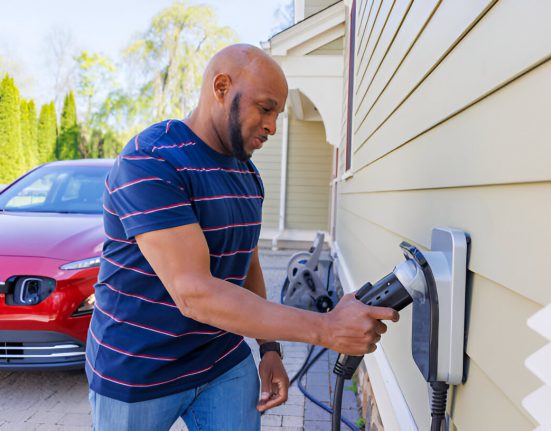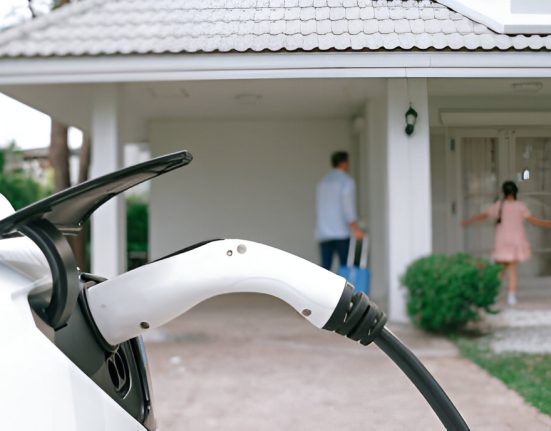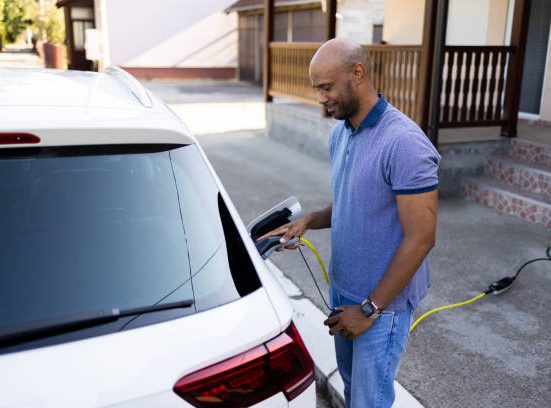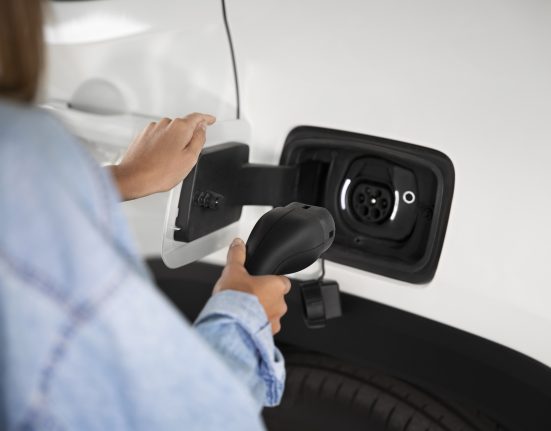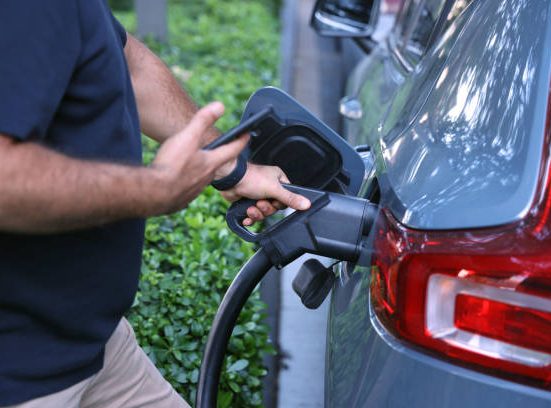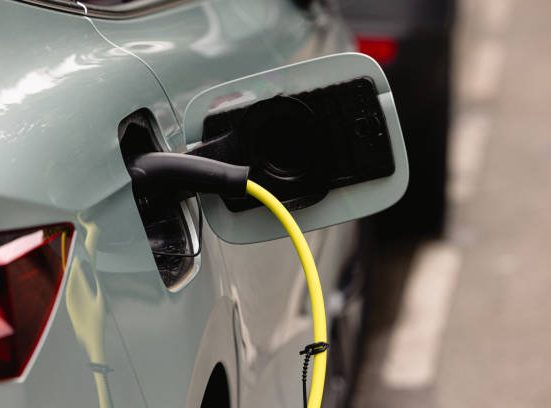Electric Vehicles, although, getting popular by each passing day, but still, people are skeptical about its working and performance. The fear of inconvenience is a big barrier to the widespread adoption of electric cars. The lack of a nearby public charging station in Toronto can be a source of concern for you. An option to address the issue of possible annoyance is the installation of home EV charging stations. On the other hand, are home EV chargers secure? Assuming they are correctly installed, the answer is an emphatic yes. Here we will discuss some of the potential safety issues that may arise with residential EV chargers.
Things Necessary for Home Charging of Electric Vehicles
Installing electric vehicle charging station at home is the first stage. Normal 120-volt (V) outlets are compatible with level 1 chargers. Since these are the kind of outlets that are often found in most homes, it is likely that no electrical repair will be necessary. However, level 2 chargers need 240 V outlets, which are inconvenient to locate in your house. You most likely have a minimum of two that are used by both your washer and dryer. To accommodate a Level 2 charger, most newly constructed houses in Toronto have a 240 V outlet in the garage or an outside port. The availability of these outlets in homes for potential EV charger installation will rise, which is great news.
You will have to perform one of two things if the place you want to charge your device does not already have such outlets. Get a 240 V outlet or buy a splitter to use with your existing one. Neither of these choices is safe to conduct without the expertise of a certified electrician or contractor. Your home’s electrical system could be overwhelmed or even caught on fire if the splitter is not well-built. It is essential to install new outlets in a safe and proper manner. Hiring a competent electrical team or electrician, such as Cambridge, is your best bet in this situation.
While charging electrical vehicle at home does present certain safety risks, they can easily be mitigated with the correct gear. Is there a way to tell whether an extension cable, splitter, or charging system is safe to use?
Choosing Reliable Electric Vehicle Charging Stations
To make sure the products you buy to charge at home are safe, there are a few things you can do.
- Verify whether the product you are about to buy has the necessary certifications. One of these firms’ watermarks will appear on products that pass OSHA’s rigorous safety criteria.
- Depending on the distance between the outlet and your car’s charging location, an extension cable is necessary to connect your electric vehicle (EV) to your 240 V outlet when using a Level 2 charger.
- Keep in mind that your local electrical codes must be followed for any installation. Such processes will be known to a certified electrician.
- Finally, be aware that charging electric vehicle at home can cause an increase to your monthly power cost. You should plan ahead for any changes to your electricity use.
Conclusion
There will likely be an increase in the number of home EV charging stations in Toronto soon. They pose no threat to your house when assembled correctly. Your home’s energy use may exceed the capacity of your previous panel due to the EV. Nonetheless, a Level 1 or Level 2 EV charger should be compatible with your present system.

